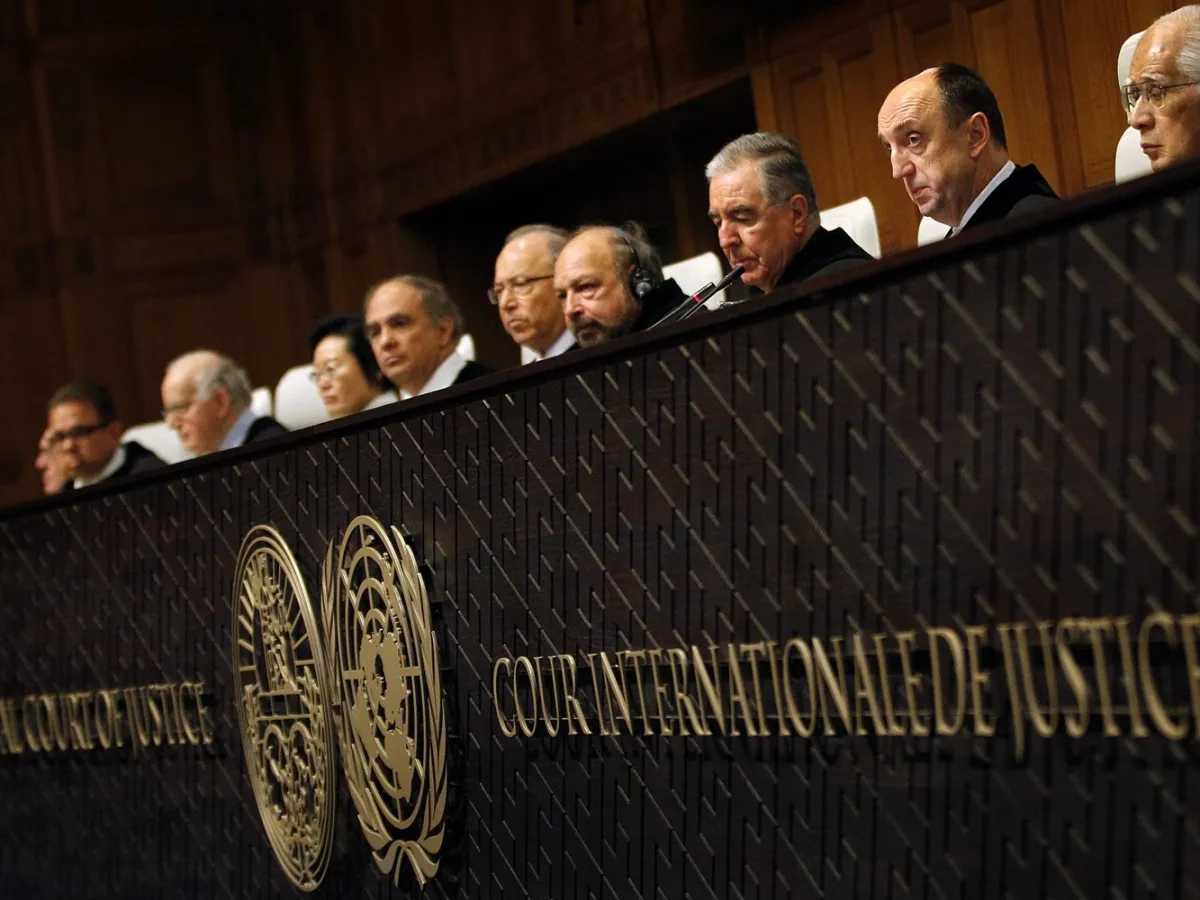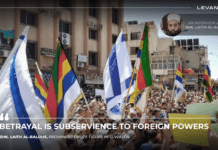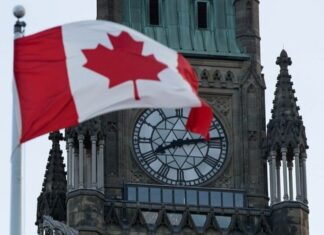
The International Court of Justice (ICJ) is set to hold hearings starting today on a groundbreaking case brought by South Africa, accusing Israel of committing genocide in the Gaza war. This case marks a significant legal showdown, with South Africa alleging that Israel has engaged in “genocidal acts” during its military campaign in the Gaza Strip.
The allegations against Israel include indiscriminate attacks on schools, hospitals, and residential areas, resulting in the deaths of at least 23,210 people in Gaza, with two-thirds of the casualties being women and children. South Africa’s case is one of several legal challenges that Israel is facing at both the ICJ and the International Criminal Court (ICC) regarding its actions in the Palestinian enclave.
The ICJ, often confused with the ICC, is the highest UN legal body established in 1945 to resolve disputes between states, while the ICC is the world’s only permanent international criminal court, governed by the Rome Statute. South Africa’s 84-page filing accuses Israel of committing genocide by causing serious harm to Palestinians in Gaza and creating conditions calculated to bring about their physical destruction.
The case revolves around Israel’s alleged failure to provide essential humanitarian assistance to Gaza during the war, as well as the sustained bombing campaign that has devastated the enclave and led to the evacuation of 1.9 million Palestinians. South Africa has requested the ICJ to impose emergency measures to halt the alleged violations by Israel, aiming to prevent the situation from worsening until a final ruling is announced.
The crux of South Africa’s claim lies in the Genocide Convention, Israel is one of 53 countries that ratified the convention, which defines genocide as acts committed with the intent to destroy a national, ethnic, racial, or religious group. The convention obliges signatory states not only to refrain from committing genocide but also to prevent and punish it.
The ICJ will not make a final determination on South Africa’s genocide allegations until a hearing of the full case. However, the court may decide on provisional measures to prevent the situation from worsening, pending the final ruling. While the concrete effects of an ICJ ruling against Israel remain uncertain, it could potentially isolate the country politically and economically.
The two-day public hearings take place on January 11th and 12th with both parties represented by teams of legal experts. The court will first determine if it has jurisdiction in the case, considering that both South Africa and Israel are parties to the Genocide Convention.
If the ICJ finds Israel in violation of international law, its judgments are legally binding and cannot be appealed. However, the court lacks real enforcement power, raising concerns about the potential compliance of the losing party. South Africa could seek enforcement through the UN Security Council, but the veto power of permanent members, such as the US, could complicate the process.
The case has garnered international attention, with countries and organizations issuing statements in support of either party. While the legal process unfolds, the case is expected to exert international pressure on Israel and contribute to greater accountability for the conflict in the Gaza Strip.
This case at the ICJ represents a pivotal moment in international law, with far-reaching implications for the ongoing conflicts in the Middle East, including Syria. As the legal proceedings unfold, the world watches closely, anticipating the ICJ’s decision.








